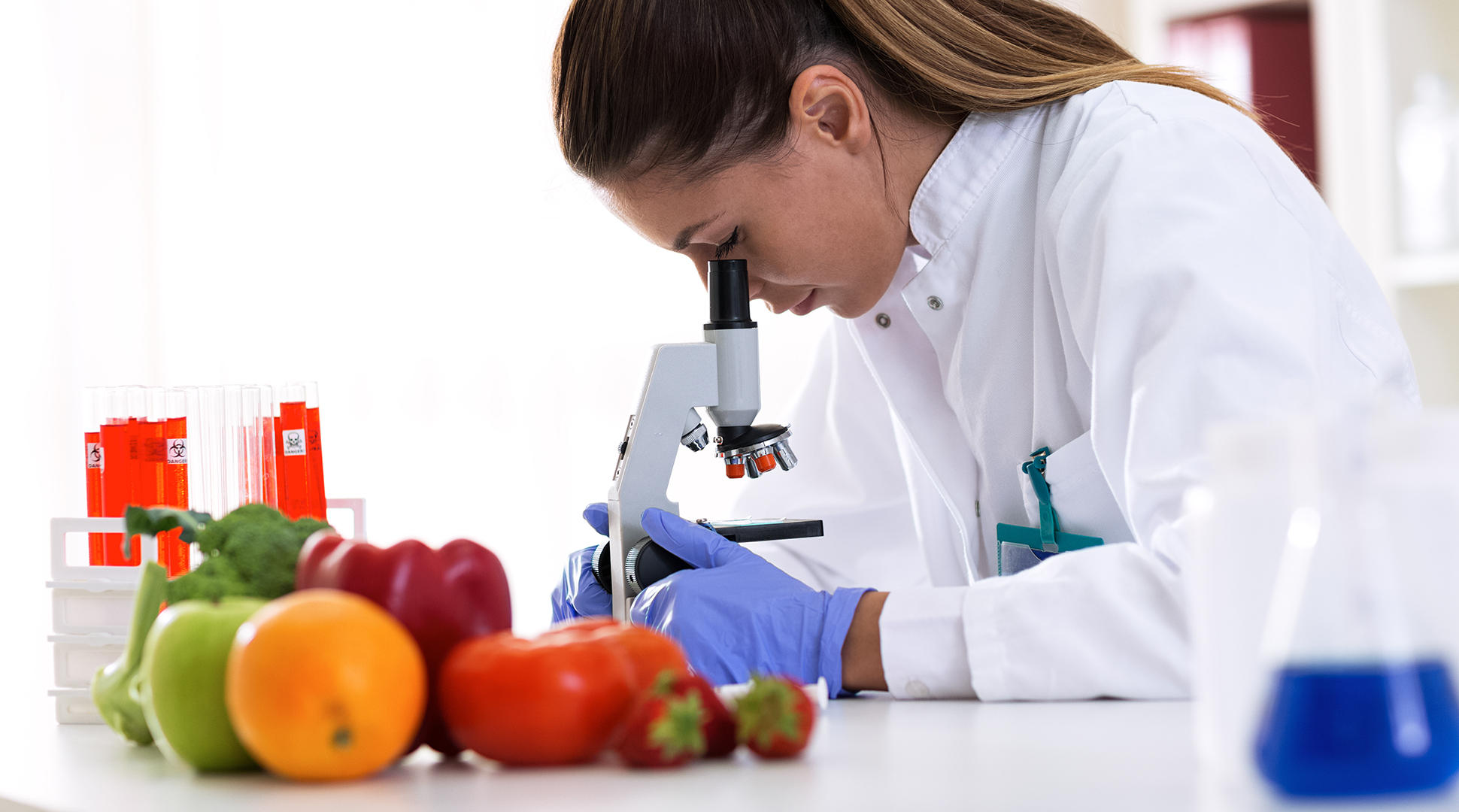By Michael Stebbins
Stebbins is the Director of External Engagement for the Council for Biotechnology Information. Raised on an apple and grape farm just outside Buffalo, NY, he has been in Washington, D.C. for more than 20 years working on a variety of issues in the medical, science, and technology fields.
Studies have confirmed that people are more likely to believe celebrities and politicians over scientists when it comes to medical advice. That’s why I wasn’t surprised when The Washington Post reporter Karen Iris Tucker published an article review of a book by Paul A. Offit, “Bad Advice: Or Why Celebrities, Politicians, and Activists Aren’t Your Best Source of Health Information,” which takes a close look at the harmful implications of the emerging trend.
As GMO Answers has explored, when you have an elevated platform and large following, people listen. Even though you may love how their house is decorated, think they are clever, or like their recipes, the health and nutrition advice from celebrities is not always scientifically sound. This serves to further confuse consumers who are already bombarded by a flood of misinformation about their food, particularly when it contains GMOs.
One of the top myths circulated about GMOs is that they’re unsafe to eat. In fact, the overwhelming consensus among scientific experts and major scientific authorities around the world, including the World Health Organization, the United Nations Food and Agriculture Organization, and the American Medical Association is just the opposite — that GMOs are safe to eat. And in 2016, The National Academies of Science, Engineering and Medicine (NAS) issued a comprehensive report concluding that genetically modified crops are not only safe to eat, but have the same nutrition and composition as non-genetically modified crops, and have no links to new allergies, cancer, celiac or other diseases.
Yet, many celebrities, including Kelly Clarkson, Gwyneth Paltrow, and more, irresponsibly use their platforms to make false statements about the safety and nutritional value of GMOs — a practice now being adopted by several food brands. For example, you can buy non-GMO grapefruit juice and non-GMO tomatoes at many grocery stores, despite the fact that a grapefruit doesn’t have a GMO counterpart, and there are no GMO tomatoes on the market. Some take it a step further — like Stonyfield, which ran an ad earlier this year featuring school-aged kids perpetuating GMO myths.
While it can be tempting to trust the people we see most often in the limelight, providing accurate, evidence-based information about the health and safety of our food is the job of scientists, not those with the largest social media following.
This article first appeared on Medium
